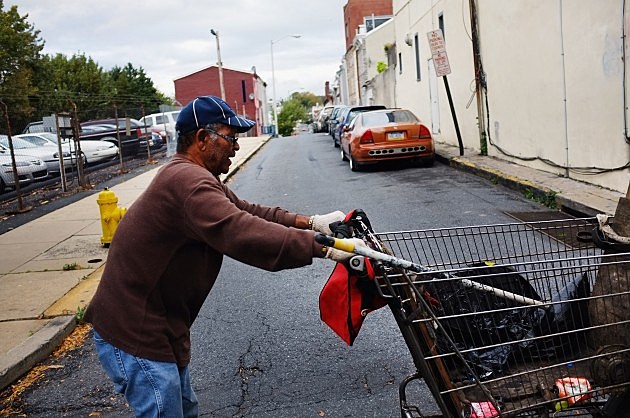According to the survey, “Latinos make up 18.4 percent of the US population and 17.3 percent of the US labor force, a share forecast to rise more than 30 percent by 2060. Latinos start more businesses and have higher rates of intergenerational mobility, and their share of skilled and higher-paid occupations has increased in the past decade. As a population, they increasingly embody—in spirit and reality—the American dream that hard work pays off, and each successive generation will be better off than the one before”.
“However, America’s contribution to that dream is uneven. Latinos born in the United States enjoy higher wages and intergenerational mobility than foreign-born Latinos—suggesting Latinos may overcome the hurdles to full participation in their adopted country over time. Yet, both US- and foreign-born Latinos remain far from equal with non-Latino White Americans. Latino Americans make just 73 cents for every dollar earned by White Americans. They face discrimination when it comes to securing financing to start and scale businesses. Latinos struggle with access to food, housing, and other essentials. And their level of household wealth—which directly affects their ability to accumulate and pass on wealth from generation to generation—is just one-fifth that of White Americans. Furthermore, COVID-19 had a disproportionate impact on Latino lives”.
Considered the most entrepreneurial ethnic group in the United States, one in two hundred Latinos has started a business in the country every month over the past five years. According to the survey, they are ahead of the white and Asian population in this regard.
““Yet the share and the performance of Latino-owned businesses fall well short of their potential. Despite accounting for about 18.4 percent of the US population, Latinos only own about 6 percent of employer firms and around 14 percent of non-employer firms. If Latinos’ share of employer business ownership reached parity with their share of the population, some 735,000 new enterprises could be added to the US economy, supporting 6.6 million new jobs. And if the per-firm sales of those businesses were in line with those of non-Latino White-owned businesses, an additional $2.3 trillion in total revenue could be generated”.
The report lists numerous factors holding back Latino business owners, including a reluctance to take out loans, and a disparity in loan amounts compared to loans made to whites.
“Latinos rely more on family savings, credit cards and personal assets to start businesses and are less likely to apply for additional financing because they believe they won't get approval,” the report says. “Around 26% of Latino entrepreneurs believe their Latino heritage limits their ability to access capital.”
Hispanic business owners also don't seek professional support or advice as much as their white counterparts, relying on family and friends to help them run their businesses — likely due to feeling discriminated against as Latinos and therefore prone to receiving unequal treatment.
Family dynamics are also responsible for reducing Latinos' savings and general wealth. Latinos make much more of their income available by supporting family members, both within the United States and abroad, than the white population, even though they receive lesser provisions. According to the report, 44% of Latinos say they spend money helping a family member, and 72% of “Generation Y” Latinos say they provide financial support for their families, compared with just 53% of non-Latinos who say the same.
The report's data shows that 32% of Latinos send money to their family members abroad, and more than 2/3 send up to 30% of their income to families outside the United States. “These remittances deplete savings, estimated at $50 billion to $60 billion annually — and account for a third of all remittances sent from the United States to other countries,” the report says. “The Latino family wealth could be about $18,000 higher if Latinos instead invested 40% of the average annual remittance value over ten years.”
In the end, however, the denial of economic justice for Latinos hurts the overall US economy.
“Latinos represent about 18% of the US population, but they only account for 11.4% of aggregate consumer spending,” says the report. “While this represents about $870 billion in consumer spending annually, it could be about $500 billion higher if Latinos spending matched their share of the US population.”
As a large and growing slice of the US population, Latinos represent a crucial part of the US economy, both as a workforce and as consumer spending.
 Spencer Platt, Getty Images
Spencer Platt, Getty Images











